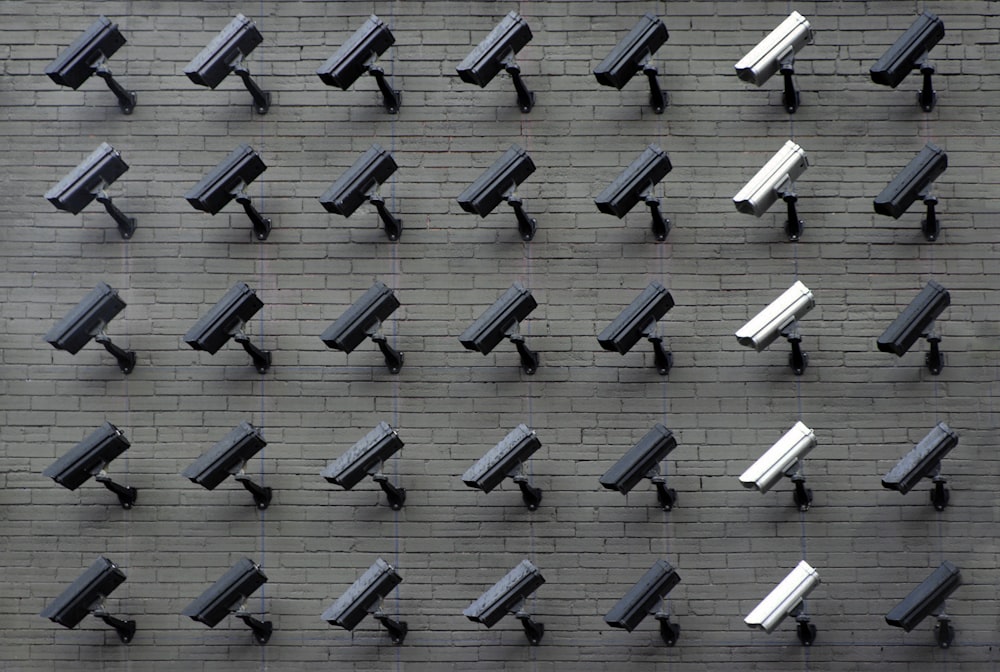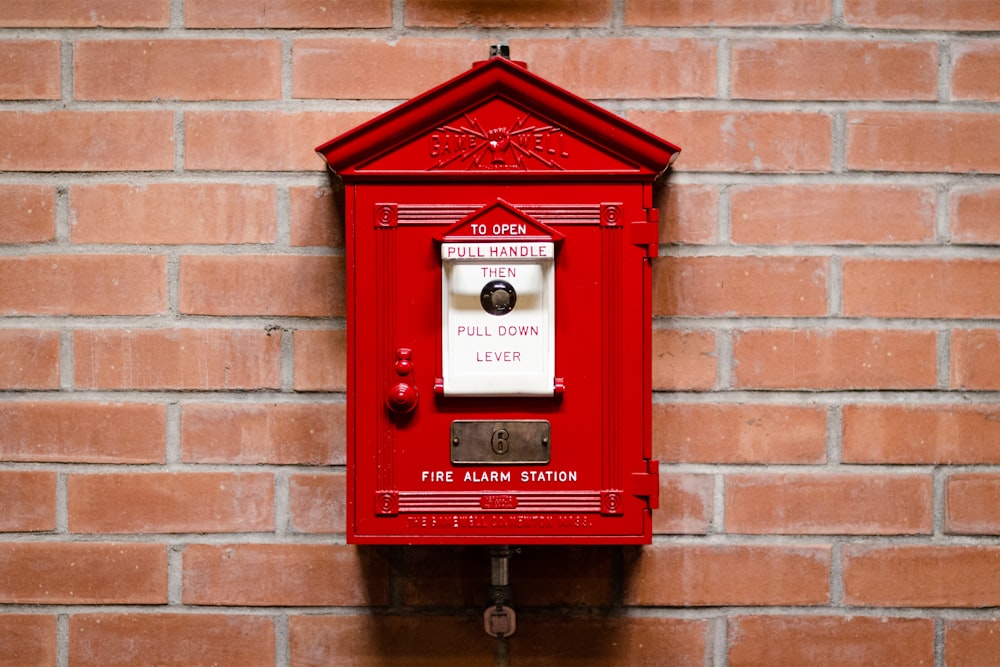
Optimizing HVAC Performance: Essential Maintenance Tips
Maintaining your HVAC (Heating, Ventilation, and Air Conditioning) system is not just about ensuring a comfortable indoor environment; it’s a key aspect of responsible homeownership. Let’s delve into some essential HVAC maintenance tips to keep your system running efficiently and your energy bills in check.
Understanding the Basics
Before diving into maintenance specifics, it’s essential to understand the basics of your HVAC system. Know the location of your furnace, air conditioner, and ventilation components. Understanding how these elements work together lays the foundation for effective maintenance.
Regular Filter Replacement
One of the simplest yet most crucial tasks in HVAC maintenance is regularly replacing air filters. Clogged filters restrict airflow, forcing the system to work harder and consuming more energy. Replace filters every 1-3 months, depending on usage, to ensure optimal performance.
Cleaning the Vents and Ducts
Over time, dust, debris, and allergens accumulate in vents and ducts, impacting air quality and system efficiency. Regularly clean vents and schedule professional duct cleaning to enhance indoor air quality and prevent potential respiratory issues.
Checking for Leaks
Inspect your HVAC system for any leaks in the ductwork or around the unit. Leaks can lead to energy wastage and compromised performance. Addressing leaks promptly not only improves efficiency but also prolongs the lifespan of your system.
Thermostat Calibration
Ensure your thermostat is calibrated correctly to avoid temperature discrepancies and unnecessary energy consumption. Consider upgrading to a programmable thermostat to set specific temperatures for different times of the day, optimizing energy use.
Inspecting Refrigerant Levels
For air conditioning units, maintaining proper refrigerant levels is crucial for efficient cooling. Low refrigerant levels can lead to increased energy consumption and potential damage to the compressor. Regularly check and top up refrigerant levels as needed.
Cleaning Condenser Coils
The condenser coils in your air conditioner can accumulate dirt over time, reducing the system’s ability to expel heat. Regularly clean the coils to enhance heat exchange efficiency, ensuring your AC functions optimally.
Lubricating Moving Parts
HVAC systems have various moving parts that may require lubrication to reduce friction and wear. Consult your system’s manual for guidance on which parts need lubrication and the appropriate lubricants to use.
Inspecting Electrical Components
Regularly inspect electrical components such as wiring, capacitors, and connections. Faulty electrical elements can lead to system malfunctions, increased energy consumption, or even safety hazards. Address any issues promptly with professional assistance.
Scheduling Professional Maintenance
While many HVAC maintenance tasks can be performed by homeowners, it’s crucial to schedule professional maintenance at least once a year. A certified technician can perform a thorough inspection, identify potential issues, and ensure your system operates at peak efficiency.
Maintaining your HVAC system is an investment in comfort, energy efficiency, and longevity. By following these essential tips, you not only optimize your system’s performance but also contribute to a more sustainable and cost-effective home. Remember, a well-maintained HVAC system is a happy and efficient one. For more detailed insights on HVAC maintenance, visit HVAC maintenance for expert advice tailored to your system’s needs.



